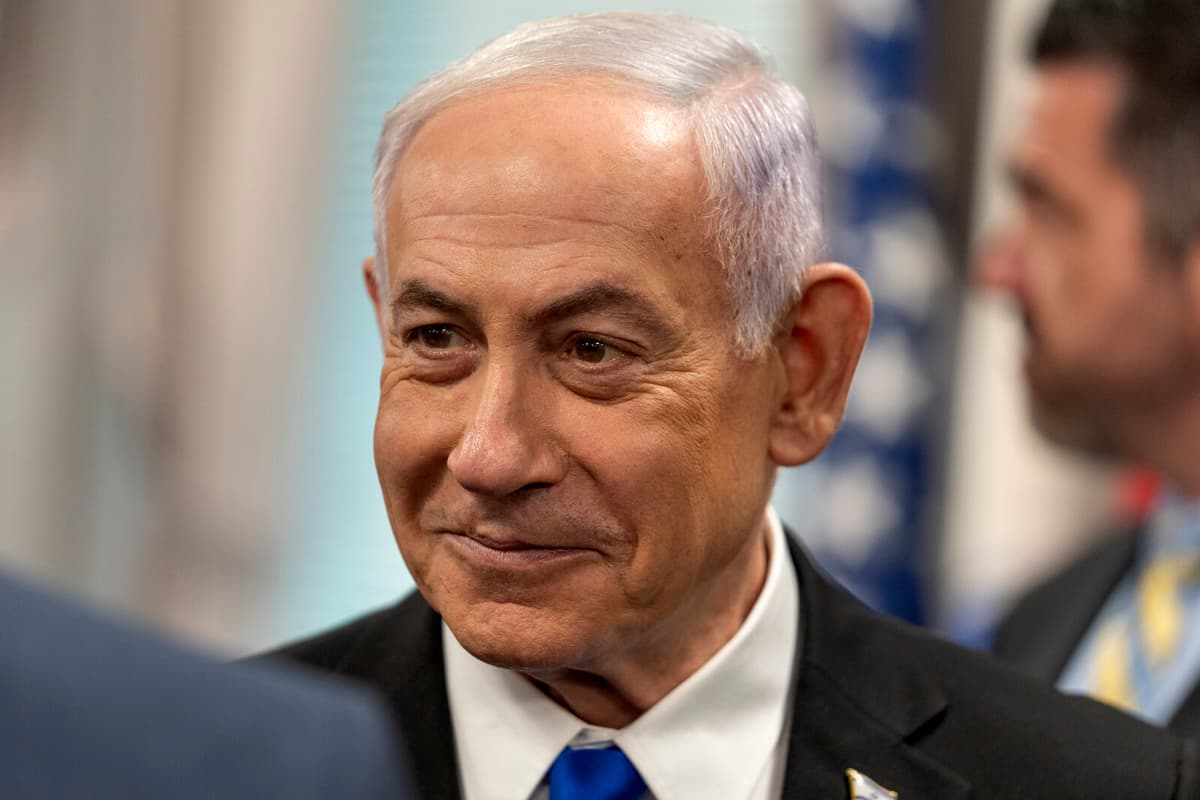Netanyahu says in an interview with American Fox News that the goal is to "free ourselves and the people of Gaza from Hamas' terrible terror". But the idea is not to rule over the area.
We do not want to keep it (Gaza). We want a security demarcation, says Netanyahu.
Want to hand over
He also says that Israel will "remove" Hamas from Gaza and "hand over the area to a government that is not Hamas or anyone who advocates for Israel's destruction".
We want to hand over to Arab forces that can rule correctly without threatening us and give the people of Gaza a good life, he says.
Hamas says that Netanyahu's plans to take control of all of Gaza are "a shameless coup" against the negotiations for a ceasefire that will affect the Israeli hostages.
"Netanyahu's plans to expand the offensive confirm without a doubt that he is trying to get rid of the prisoners and sacrifice them", the terrorist organization writes in a statement.
Want to take over the government
In order to be able to hand over Gaza to a civilian government, Israel's military must first take control of all of Gaza. This is also something that is being discussed during a cabinet meeting on Thursday evening.
Both the military leadership and several ministers oppose such a highly resource-intensive, and potentially bloody, expansion of the war in the Palestinian area.
A first focus in the disputed plan is to take control of Gaza City, which despite great destruction is believed to house a million people, writes The Times of Israel.
This means evacuating all people in the city, while Israeli authorities build up healthcare facilities and other infrastructure in central Gaza Strip, reports Israel's public media company Kan.
Then a military offensive will be carried out where even the heavily criticized humanitarian efforts will be expanded.
Many question marks
The plans, however, are full of question marks and subject to heated debate even in Israel. The safe zones designated by Israel, primarily al-Mawasi in the south, are already chaotic and full of hundreds of thousands of evacuees' tent dwellings.
Many Israelis also see it as Netanyahu abandoning the hostages that the extremist Islamist Hamas has been holding since the movement's attack that started the war in October 2023.
Only about twenty of the hostages are believed to still be alive. Relative movements are demanding that the Israeli government focus on a peace agreement that means the hostages are released rather than new military actions.






